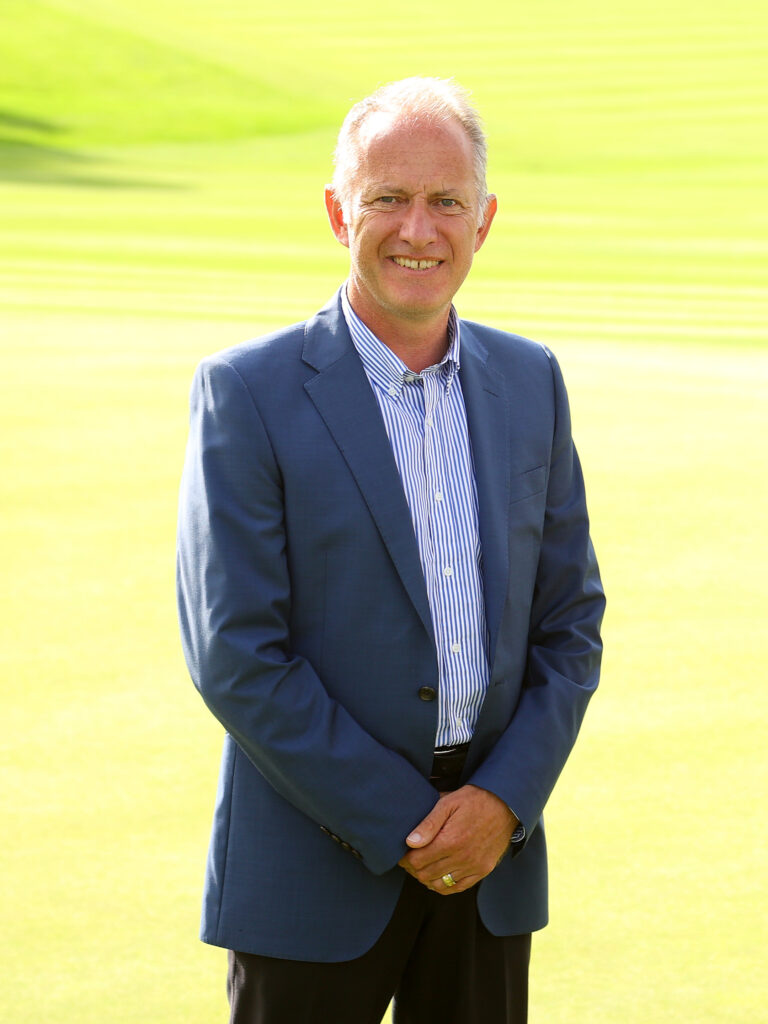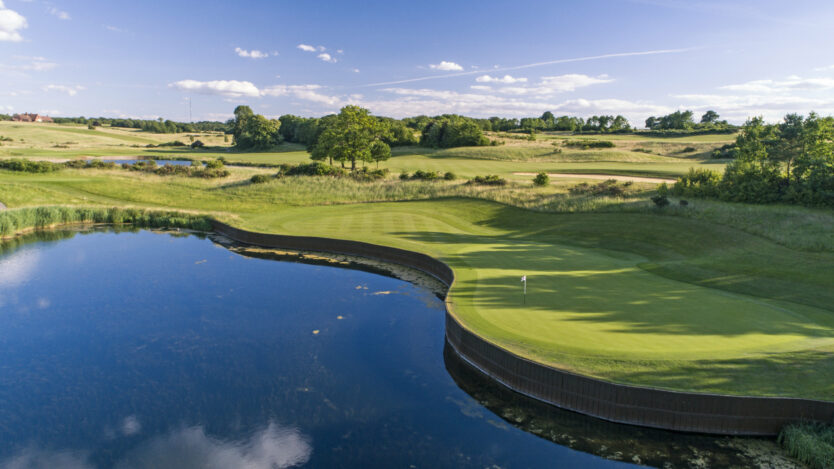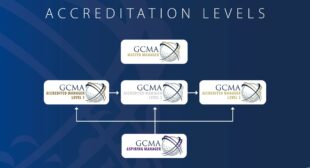Stephen Follett, the Chief Executive at London Golf Club in Kent, reveals the active steps that the club is taking to reduce its impact on the environment and be more efficient in its use of energy and natural resources.
What does the word ‘sustainability’ mean to you when talking about golf club operations?
When looking at golf club operations from a sustainability angle, a few things come to mind. I suppose the obvious one is fostering nature. It’s particularly about conserving resources – and for me predominantly that’s water. You must be conscious about the climate because the last five summers in Kent have been extremely dry and that has impacted on the golf courses. Something we’ve found also that is key to running a sustainable golf club is community outreach. This is something we have certainly increased and been more aware of.
What are the main challenges facing the club when it comes to sustainability?
The main thing for us is understanding that a lot of the sustainable changes we make as a golf club will not lead to instant rewards. The challenge is having the courage to make the investment that will help three, five or ten years down the line.
Water is an area where we have faced challenges. We used a large amount of water from our reservoirs and lakes last summer and are reliant on nature filling them. Although we could have bought the water, given the prices it forced us to look at what else we could do. Therefore, we drilled a borehole, which although expensive, is more sustainable and will be beneficial in the long run.

London Golf Club Chief Executive Stephen Follett
Does your golf club have a sustainability programme in place and what practical measures have been taken to be more sustainable as a business?
We’re always looking at alternative ways for how we can heat the clubhouse and how efficient everything inside is. We had an environmental study undertaken of the courses, looking at the flora and fauna and all the wildlife we have here. It also looked at areas of the courses and whether it’s a necessity to cut certain areas – can we let certain areas grow more naturally.
In terms of food and drink in the clubhouse, we try to keep our suppliers in Kent and mainly from Sevenoaks, as we are very conscious of our carbon footprint. Our pros are heading out into local schools as part of their physical education curriculum, and that has provided a great opportunity to talk to the kids about the environment.
From a greenkeeping point of view, we are looking at overseeding the golf course with a more drought-resistant grass.
How are you able to measure progress in reaching your sustainability goals?
We’re going through the Geo Certification process. Their on-course programme is one of the only fully measurable things in operation that will give us a clear understanding of just how sustainable we are as a business from an environmental point of view.
Has implementing sustainability practices added value to your business and if so in what way?
I think it has, particularly from a Geo Certification point of view, due to it being an internationally recognised and approved accreditation. Something I touched on earlier was how our community outreach and our presence can help the business be much more sustainable. We have donated to the Community Cupboard, a local food bank charity, and the amount of positive vibes we got from the staff here was incredible.
“Golf perhaps has an image issue when it comes to sustainability”
Stephen Follett
What would you like to see the wider golf industry do to make golf more sustainable?
Golf perhaps has an image issue when it comes to sustainability, especially from those outside of the sport looking in. But is the golf community working to solve a problem for the golf community?
A venue can’t do it in isolation, so the only way to change that is to team up with the rest of the golfing community. That has to come from major suppliers and governing bodies. I think it would be great if we can get clubs working toward sustainable goals under the same umbrella. The golf community must come together and develop relationships with the type of supplier that will help us.



